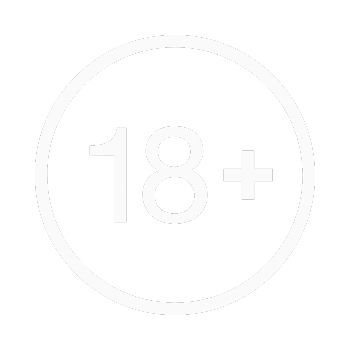
What's on this page
Blackjack is one of the most thrilling and strategic casino games, and if you’ve played it, you’ve likely come across the option to place an insurance bet. But is this side wager worth it?
For UK players looking to refine their blackjack strategy, understanding insurance bets is essential. In this guide, I’ll break down how they work, when to take them, and whether they truly offer value.
What is an Insurance Bet in Blackjack?
An insurance bet is a side wager offered when the dealer’s face-up card is an Ace. It’s a way to hedge against the possibility of the dealer having blackjack.
Players can place an insurance bet worth up to half their original wager. If the dealer has a blackjack, the insurance bet pays 2:1, softening the blow of losing the main hand.
How Insurance Bets Work
Taking an insurance bet is simple. Here’s how it plays out:
- The dealer shows an Ace as their upcard.
- Players are given the option to place an insurance bet.
- If the dealer has a 10-value card (10, Jack, Queen, or King) face down, they have blackjack. The insurance bet pays 2:1.
- If the dealer does not have blackjack, the insurance bet is lost, and the hand continues as usual.
Example:
Imagine you bet £10 and place a £5 insurance bet. If the dealer has blackjack, you lose your original £10 but win £10 from insurance, breaking even. If the dealer doesn’t have blackjack, you lose the £5 insurance bet.
The Mathematics Behind Insurance Bets
Let’s talk numbers. The insurance bet sounds appealing, but is it mathematically sound?
The dealer’s downcard needs to be a 10-value card for insurance to win. There are 16 such cards in a deck (10s, Jacks, Queens, and Kings). With 52 cards in a deck and one already revealed as an Ace, the probability of the dealer having blackjack is about 30.8%.
| Scenario | Probability | Payout | Expected Return |
| Dealer has blackjack | 30.8% | 2:1 | +0.616 |
| Dealer does not have blackjack | 69.2% | -1 | -0.692 |
The expected return is negative, meaning the insurance bet is not a profitable play in the long run.
Advantages of Taking Insurance Bets
Though not generally recommended, insurance bets can have advantages in specific situations:
- Card counting players: Skilled card counters can determine when the deck is rich in 10-value cards, making insurance a profitable bet.
- High-stakes bankroll protection: Players betting large amounts may use insurance as a risk-management tool to avoid substantial losses.
- Psychological reassurance: Some players take insurance for peace of mind, knowing they won’t suffer a complete loss if the dealer has blackjack.
Disadvantages and Risks of Insurance Bets
For casual players, insurance bets are generally a poor choice. Here’s why:
- High house edge: The house edge on insurance bets is around 7.4%, making it a worse bet than simply playing your hand.
- Distraction from optimal strategy: Focusing on side bets can take attention away from making the best playing decisions.
- False sense of security: Many players take insurance thinking they are protecting their hand, but in reality, they are making a high-risk bet.
Strategies for Playing Blackjack with Insurance Bets
For most players, the best strategy is to avoid insurance bets unless they have a strong reason to take them. However, here are some considerations:
- If you’re card counting, insurance can be profitable. In blackjack tournaments, where every chip matters, it might be worth it in specific scenarios.
- Stick to basic strategy. The best move in most cases is to decline insurance and play your hand optimally.
- Consider the game type. In progressive blackjack, where jackpots are involved, some players may take insurance bets as part of a broader strategy.
Alternative Betting Strategies in Blackjack
Rather than relying on insurance, consider these alternative strategies:
- Flat betting: Wagering the same amount on each hand keeps risk in check.
- Basic strategy charts: Following a proven strategy maximizes your chances of winning.
- Smart use of side bets: Some side bets offer better odds than insurance, such as Perfect Pairs or 21+3.
Legal and Regulatory Aspects in the UK
In the UK, blackjack is strictly regulated by the UK Gambling Commission. Here’s what players need to know:
- Licensed casinos must use fair RNG systems. The outcomes of insurance bets are determined randomly.
- Responsible gaming tools are available. Players should set limits and stick to their budget.
- Promotions may have restrictions. If you’re using a casino bonus, check whether insurance bets contribute to wagering requirements.
Conclusion
Insurance bets in blackjack may seem tempting, but they are rarely the best option for most UK players. While advanced players using card counting techniques might find situations where insurance is profitable, the majority of players are better off skipping it.
Instead, focus on mastering blackjack tournament strategies, exploring other side bets, and considering games like progressive blackjack for added excitement. Play smart, stay informed, and always gamble responsibly!





